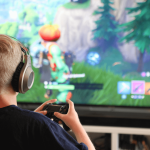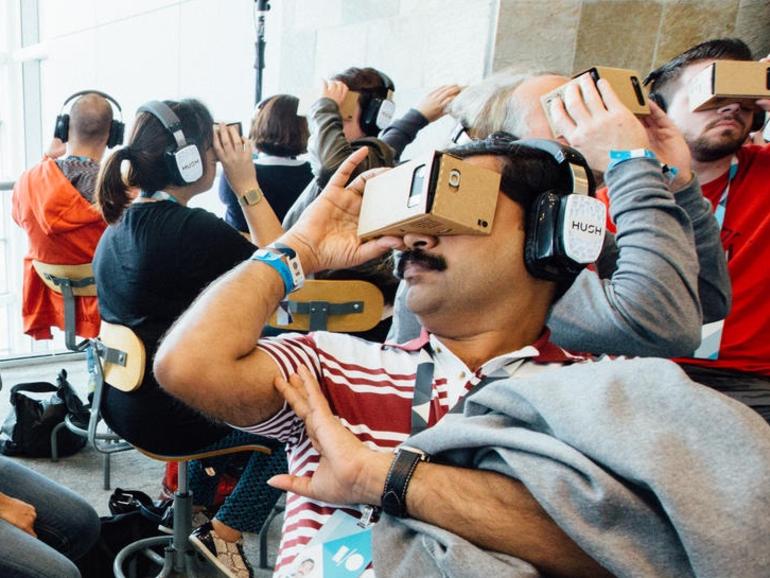The topic of gaming has dominated any discussion of virtual reality technology in recent years – and understandably so. There’s no doubt that the way in which VR has changed the gaming experience is nothing short of remarkable. The gaming communities’ hype, however, overlook some of the other amazing ways VR technology can be implemented. Below are some uses of the technology that can fundamentally change or improve the world.
Therapy
Over the past few years, VR has been used to help people deal with physical pain. In particular, burn patients have undergone therapeutic treatment such as that offered through the VR game SnowWorld, in which patients are transported into a simulated icy environment where they throw snowballs at penguins whilst listening to Paul Simon. The treatment has been so effective that some patients prefer it over morphine. Brain scans have revealed that the patient experiences less pain and feels calmer when playing the game. Virtual reality can help in the treatment of other types of pain thanks to its ability to distract and simulate peaceful environments.
VR simulations also present an interesting prospect when it comes to overcoming fear or dealing with anxieties – from dealing with exam stress to overcoming a flying phobia. Practising coping techniques through simulation is a way for people to learn how they can best deal with these situations in real life.
Escapism
Furthermore, people can use the VR simulations as a means of escapism. If someone isn’t physically able to go rock climbing, VR presents the nest best thing. If someone doesn’t have time for a holiday, VR can give them a couple of hours break from their daily routine by placing them on an exotic beach or at the top of Machu Picchu. If you can’t make it to the big football match, VR puts you right in the stadium audience (in real time). If you can’t afford the thrill of gambling large amounts of money at the poker table, VR allows you the same experience but with virtual money. In fact, the growing popularity of VR casinos is claimed to be a way problem gamblers can help overcome their gambling dependency.
Training & Education
Air flight simulations have long been an essential part of the training pilots undergo for obvious reasons; it’s the closest thing to piloting an aircraft they can experience without posing any risk to themselves or others. VR provides a similar benefit to the training of medical students, who can practise surgeries, diagnosis and stress management under simulated settings. Overall, there’s a whole range of training that can be improved in numerous industries thanks to virtual reality simulations.
Similarly, VR can be used to educate users not just for training purposes, but for general knowledge. History lessons will be more interesting if students can witness historic battle in virtual reality. Students can gain a greater understanding of the hardships of past generations by experiencing what it would be like to live during that time period through VR.
Architecture & Design
The way virtual reality could transform the architectural and design industry is particularly exciting. Whilst 3D-rendered images in design programs go a long way in helping architects visualize a building or interior space, there’s a limit to how well they can convey how the finished construction will look like. “You still have to make a translation in your mind, in terms of how tall this space is going to feel,” he says. “More often than not, I’ll go to my own projects and I’ll be like, ‘Wow! That’s a lot bigger than I expected.’ You still have those moments,” says HaoKo, a design director at Gensler. VR simulations of the space will allow architects to walk around the space they intend to create, making changes in real time all around them. This will dramatically help decision-making and planning in many design fields.
Try-Before-You-Buy
Just like you would test drive a new car, or try a sample of perfume before buying, the use of VR technology can provide consumers with plenty of try-before-you-buy experiences to better help them make decisions. Whether you’re trying to decide on the best bedroom wallpaper, or choose your next holiday destination, being transported into a scene with VR will help consumers feel more informed before committing to a decision.
VR can be used for many useful purposes which extend beyond gaming. The technology can improve training, fundamentally change the way we design, and can lead to all-around better decision making thanks to its realistic simulations. For the first time ever, these uses of VR are credible – and it’s time to get excited about what that means for the world.












